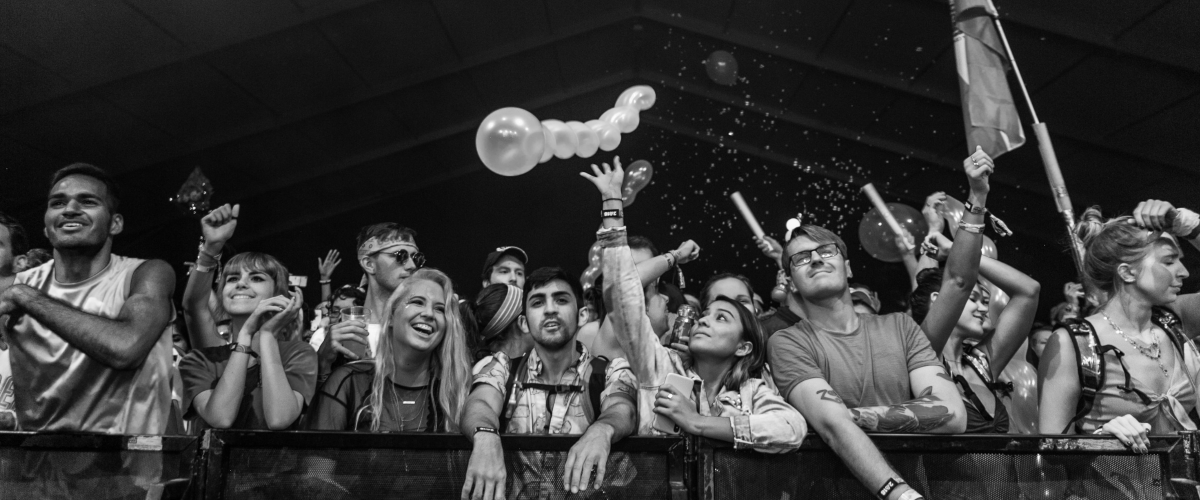Why is event marketing important?
The answer is simple: because it works.
Event marketing is an important part of the music industry. It has been proven to increase ticket sales and online traffic, while also increasing awareness of your brand. Live event marketing can be done by sending out a press release, creating a website where you list all the information about your upcoming performance, and using social media to spread the word about your event. You should also use live event marketing to promote your concert by sending out emails to ticket buyers who have purchased tickets in the past. This will help them remember you when they are deciding what concerts to attend next time around!
Event marketing is so crucial to a live event’s success that it might as well be its own discipline.
Event marketing companies or event promoters are responsible for making sure an event has a high enough attendance to make it profitable; or that the word gets out in a big enough way to generate influencer or media attention.
But how do you get started? And what should you do when it comes time to promote the event? We’ve got answers for those questions below! But first…
Why Live Events?
Live events have become increasingly popular with the ease of restrictions, and for good reason: people love them! When you host a live event, you’re doing something that your customers love doing as well. This creates a feeling of closeness between you and your customers, which is critical for building loyalty.
Because live events are so engaging, they tend to be much more memorable than other types of marketing efforts. When someone goes to an event and has an amazing time, they will remember that experience long after they’ve left the venue (or even left town). That means you get endless opportunities to do event promotion for future shows: The attendees will tell their friends about what happened at the show; they’ll post photos on social media; they’ll mention it in conversation months later; and so forth.
Getting started on your live event marketing: 7 strategies to put into action
It’s easy for event-related content to get buried in the noise of people’s daily lives with so much happening on the internet. You need to connect with your audience throughout the process, from when they first hear about your event all the way through their experience at it. If you’re not sure how to do that, below are seven strategies to get you started:
1. Event Website
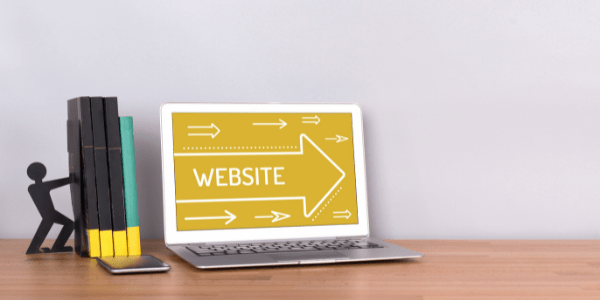
Your main goal should be event promotion to increase ticket sales and get people excited about attending. An effective marketing strategy would be to include a countdown timer on your webpage, so people know when tickets go on sale. This will also make the event feel more urgent. You may want to use a plugin that provides this functionality on your site. Your attendees should be able to see at a glance, the time, date and place of your event, as well as details about the performers.
Here are the most important things to remember when designing your event website:
-
-
-
-
- Keep the design simple and clear.
- Make sure it’s easy for users to navigate between different pages. If you have multiple events or venues listed on your site, make sure it’s easy for users to switch between them without having to leave the page or scroll down a long list of links at the bottom of each page.
- Make sure there are no broken links on your page—and if there are any, fix them! Nothing will turn potential attendees off faster than trying to click on something that doesn’t work as advertised (or even worse, leads them somewhere else entirely).
- Other important things to include are a mobile-friendly design (visitors will likely go here first while on their phones), an FAQ page, a simple way for people to share your site with others, testimonials from previous attendees/sponsors/artists and high-quality photos.
-
-
-
2. Social Media
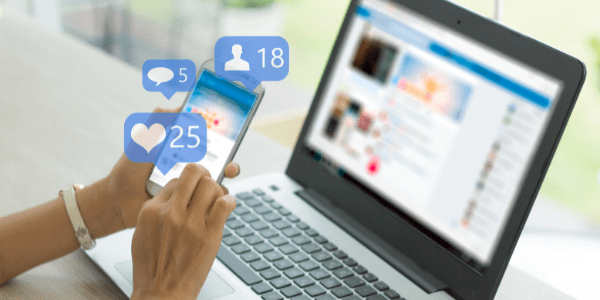
-
-
-
- Posting frequency: Whether you’re posting on Facebook or Instagram, research shows that more is not necessarily better. For both platforms, content posted once per day gets the highest engagement rates (0.58% on Facebook and 1.59% on Instagram). When increasing posting frequency to 5+ posts per day, engagement rates drop significantly (to 0.23% for Facebook and 0.67% for Instagram). You can find similar guidelines for social media platforms, including Twitter and LinkedIn, in this article by Sprout Social.
- Engaging content: The best type of social media content will vary by your target audience and platform. So, it’s worth keeping up with trends across your niche as well as platform-specific trends to stay current with what will resonate with your audience most strongly at any given time. For example, creating videos using trending sounds is preferred on TikTok and Instagram Reels, whereas Twitter users prefer interacting with images and text.
- Combining channels: Some events may benefit from combining several different channels as part of their event marketing strategy rather than putting all efforts behind one channel to achieve maximum exposure. Create a countdown using Instagram Stories, Facebook Live videos, or even animated GIFs. Create a Facebook Event and invite attendees. Share your eye-catching event flyer on Instagram Grid and Twitter. Turn your event graphic into a promotional video to share on Reels and Tiktok. Create a Spotify playlist inspired by your event and share it with your audience. Encourage your audience to join you in spreading awareness about your event on all platforms by creating a branded hashtag.
-
-
3. Paid Digital Advertising
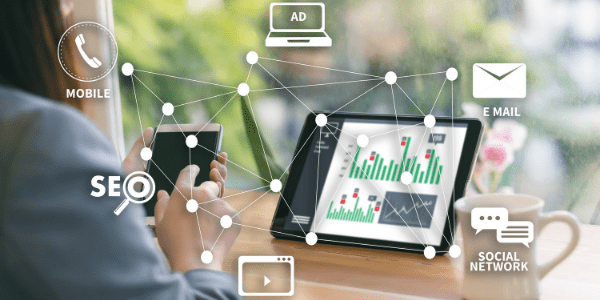
Digital advertising strategies for concerts can include:
Paid ads on Google’s search engine platform (like Google Ads) , which allows you to target specific audiences with ads based on keywords they’ve searched for before.
Paid ads on Facebook and Instagram, which allows you to show people ads related to pages they like or groups they’ve joined to increase engagement around certain topics or events; you can also run traffic ads to your Facebook event or ticketing page.
For example, if you were promoting a country concert in Austin, Texas on social media platforms, you might create an ad that shows up only in feeds of people who live in Austin; are between the ages of 18 and 35 years old; and who have “country” listed as one of their interests on Facebook or Instagram profiles. This way your ad would only be shown to people who will more likely attend your concert!
Here are some tips for using paid advertising to promote your music concert:
-
-
-
- Choose a platform that allows you to target specific audiences.
-
-
-
-
-
- Create ads with clear messaging and compelling images or videos.
-
-
-
-
-
- Make sure your ads are relevant and engaging with compelling calls-to-action.
-
-
-
-
-
- Keep track of how successful each ad is by monitoring performance metrics like clicks and conversions.
-
-
4. Email Marketing
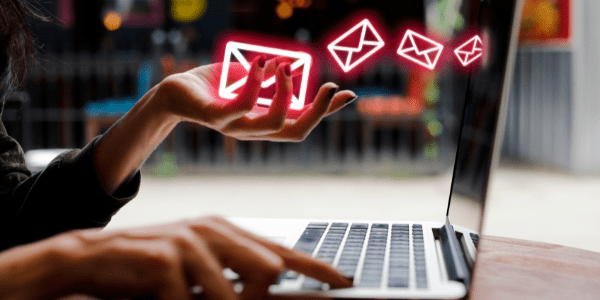
That’s where email marketing comes in when promoting events: it allows you to reach out to those concertgoers and make them feel like part of the family before the show even happens!
Email marketing is a great way to build relationships with customers while making sure they know what they can expect from you as a company—and it’s even better when you use data-driven strategies like triggered emails. You can send an email right after someone buys a ticket, letting them know how excited YOU are about their purchase (and reminding them that they’ve already done their job). Or send one later in the season leading up to the event, letting them know how excited YOU are about what’s coming next.
Best practices that can help you get the most out of your email marketing campaigns:
-
-
-
- Send emails on a regular schedule, at least once a month. If you’re sending a series of emails as part of an event, send them over the course of at least one month before the event and continue sending them after it. This will help you keep people interested in your event throughout the year and remind them when it’s coming up.
- Include links to your website and social media accounts in every email, so that recipients can follow up with more information about your events if they want to.
- Make sure that all links are working before sending out your campaign so that there are no broken links or missing images when people click through to other sites from yours or view the images within those emails themselves later down the line!
- Personalize each email with a friendly greeting from someone who works at your company (even if only by first name), as well as their full name at the top of each message so people know who wrote it (which makes it feel less like spam).
-
-
5. Press Release
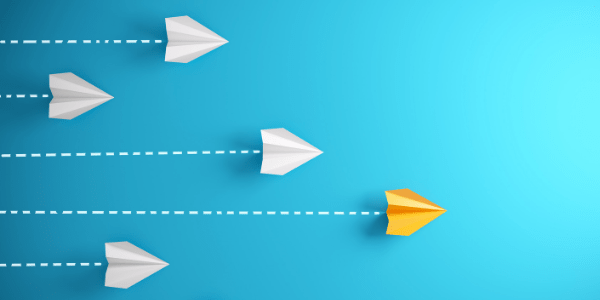
-
-
-
- Reach out to media partners who have covered similar events in the past. They will be able to provide valuable insight into what worked and what didn’t work, as well as help you get in touch with other outlets that might be interested in covering your event.
- Create an email pitch that includes information about why this is an important event, who it’s aimed at (not just fans of your music), why they should care about what’s happening there, and how they can get involved.
- Send out the pitch — and follow up! If someone doesn’t respond right away, send another email politely asking if they received it and if there’s anything else you can provide that might help them decide whether this story is worth covering.
- Once you’ve got coverage lined up from one or two outlets, reach out again — this time including contacts’ names so that people know who they’re talking to — and ask if anyone else on their team would be interested in writing about your concert too!
-
-
SonicBids and CyberPR are two of my favorite websites to help you get started with your PR efforts.
6. Radio
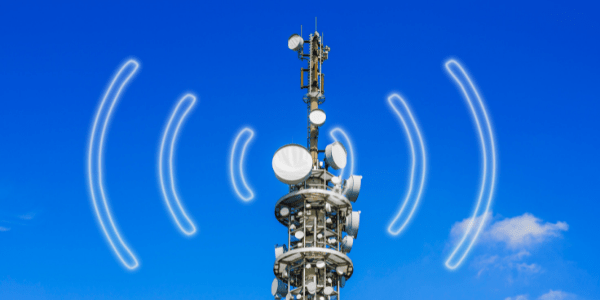
The easiest way to promote your concert is by partnering with one or more local radio stations. You can do this by giving them tickets or other swag in exchange for promotion of your event. You don’t have to give them anything—you could just ask them nicely! Keep in mind that most stations will only promote free events (and even then, it may be on their website rather than on air). However, if there is a fee associated with attending the event, it may be listed as part of the promotion.
Here are some tips for partnering with your local radio station to promote your concert:
-
-
-
- Think about your ideal audience and find radio stations that cater specifically to them. Call the station directly and ask if they’re interested in promoting the event. They might be unable to cover the whole thing, but they may be able to help you with some of the details.
- Try reaching out directly to the hosts/DJs who will be most relevant and can have fun talking about your event.
- Send an email with a press release and any other information they need to get started on promoting the event on their website or social media platforms (this could include photos and videos).
- After making sure everything is approved by the radio station, send out a press release about your upcoming concert including any information about why people should attend (ex: if there’s going to be an opening act).
- Make sure you know what kind of budget it’s going to take. (It can sometimes be expensive.)
-
-
7. Influencer Marketing
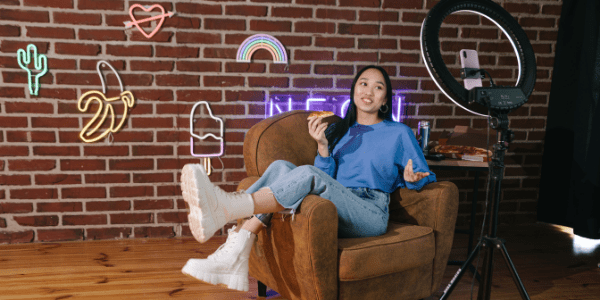
How does influencer marketing work? An influencer is someone who has a large following on social media sites like Instagram or TikTok, and they usually have expertise in a specific industry or niche. To get their followers interested in something new, they’ll post about it on their social media accounts. That’s where things get interesting! When an influencer posts about something new that they’re excited about, their followers will often check it out themselves—and sometimes even buy whatever it is that the influencer is promoting. In this case, your music event.
If you’re hosting a concert, it’s important to think about how to reach the appropriate influencers and invite them to your event.
You can start by identifying your target audience, as well as the influencers who will be able to introduce your brand to that audience. For example, if you’re hosting a concert for people ages 18-35 in Austin, Texas, you’ll want to reach out to local influencers that are popular with this demographic. You could also look into national or international influencers who have a large following in Austin.
Once you’ve identified your target audience and the right influencers, it’s time to reach out!
The first step is to connect with clearly defined influencers to make it easier for you to reach the right audience. This strategy also gives you an edge over competitors who aren’t reaching out to key players within their niche. If you are organizing a concert with a rising country star as a headliner, you should look for people who frequently post about country events in their area. You can find these people by searching Twitter or Instagram for hashtags like #countrymusic and #concertphotography. In addition, check out social media accounts of local radio stations and magazines that cover music events regularly.
Next, craft a message that will appeal to these influencers. You should emphasize the unique aspects of your event—for example, if it’s being held at an unusual venue or if there will be special guests performing. You might also mention that attendees will get access to behind-the-scenes if they come early or stay late after the show ends (this is often appealing because it gives people bragging rights.)
Finally, send out your invitation! Make sure it includes all necessary details like date/time/location/cost so that potential attendees know exactly what they’re getting into before committing their time and money.
There are two main ways marketers can connect with influencers: through cold outreach or via an influencer marketing platform. Refer to this article by Influencer Marketing Hub to learn more about the top influencer marketing platforms in 2022.
Additional tips for marketing your live music event
The key to event marketing is to be consistent and active across all channels; to engage with your audience; and to make your event more than just a one-time event where people come for a couple of hours and then leave, never thinking of it again. Instead, you want a lasting relationship that also drives your business forward over the long run.
Besides being consistent with your messaging and branding, you also want to be active and engaging. For example, you can use social media to engage your audience by sharing content that appeals to them. Also highlight the brands and sponsors of your event, as well as the performers and attendees.
You should also make it easy for people to share information about the event on their social media channels or through email marketing. This can help increase attendance because people are more likely to attend if their friends are going too.
Additionally, once your event is over, don’t forget to follow up with attendees or have a post-event survey available so you can get feedback on how they felt about their experience. You may also want to put together some type of gift or special offer for attendees who sign up early so they feel like they got something extra out of the event in addition to learning some new things. These types of actions will help build relationships with attendees that last long after the event has ended!
Are you a promoter, or the marketing manager of a concert venue? Do you want to get more people in the door for your next event? We can help.
There’s nothing like a live music event to get your heart racing and your feet moving. Whether you’re listening to an old favorite or discovering a new band, there’s just something about the energy of live music that makes you want to get up and dance.
But what does it take to bring that experience home? How do you bring people together in real life, even though they may be spread out across the country?
It takes planning, marketing, and advertising—and that’s where TSE Entertainment comes in.
TSE Entertainment is a full-service entertainment company providing the services that venues and events need from booking, sponsorship development, event production, online ticketing to event marketing services. If you need help with event marketing, check out our Event Marketing Services page on our website.
Related Posts:
